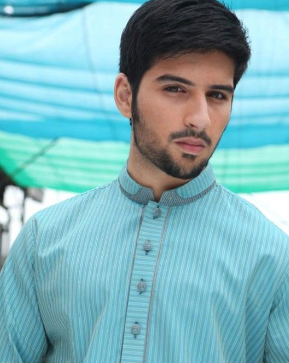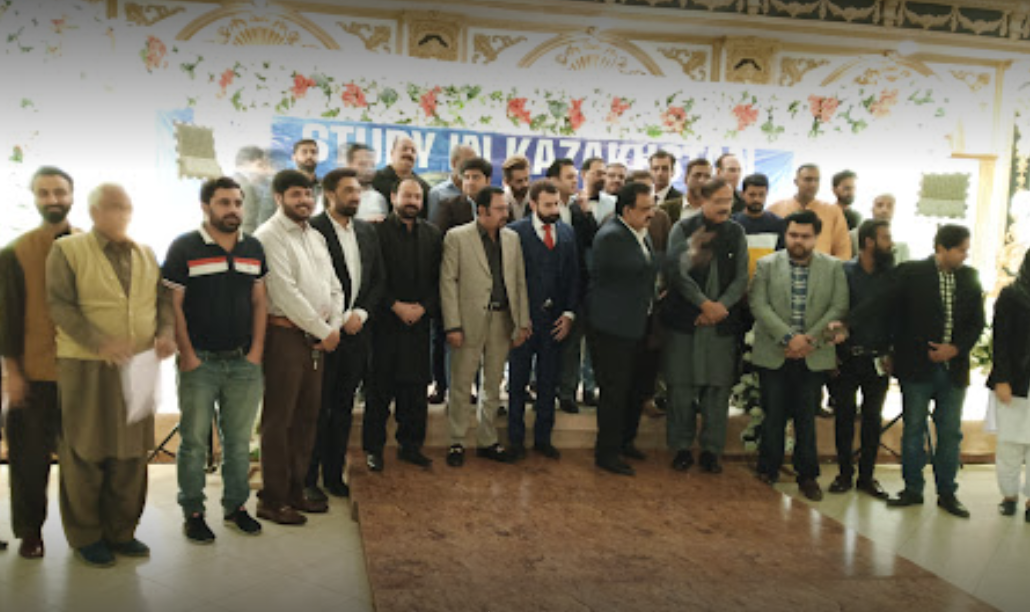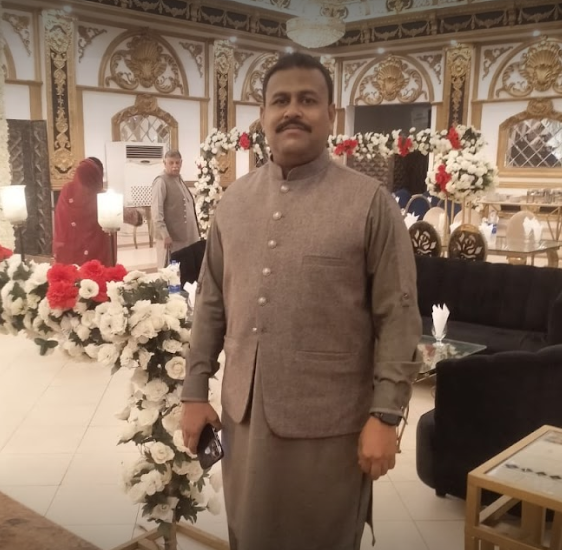Marriage holds immense significance in Pakistani culture, woven deeply into the fabric of society. It's more than just a legal union; it's a social institution with religious and cultural underpinnings that shape family structures and community life. Here's a glimpse into why marriage is so important in Pakistan:
1. Family Foundation:
Pakistani society emphasizes strong family units. Marriage is seen as the cornerstone of building a family, creating a safe and supportive environment for raising children. Extended families often live in close proximity, fostering a network of support and interdependence.
2. Continuity of Lineage & Traditions:
Marriage ensures the continuation of family lineages and traditions. Passing down cultural practices, values, and religious beliefs to the next generation is considered highly important.
3. Social Status & Honor:
Marriage plays a role in defining social status in Pakistan. Being married, particularly for women, is often seen as a mark of maturity and fulfillment. Families take pride in successful marriages of their children.
4. Religious Observance:
Islam, the dominant religion in Pakistan, encourages marriage. The Quran and teachings of Prophet Muhammad (PBUH) emphasize the importance of marriage for companionship, procreation, and building a stable family life.
5. Emotional & Economic Security:
Marriage in Pakistan traditionally provides emotional and economic security for both men and women. Spouses offer companionship, support, and a sense of belonging. Financial responsibility often falls on the husband, who is expected to provide for his wife and children.
Evolution and Change:
While the core values remain important, Pakistani marriages are evolving. There's a growing emphasis on individual choice and compatibility when selecting a spouse. Education and career opportunities for women are also influencing marriage dynamics.






